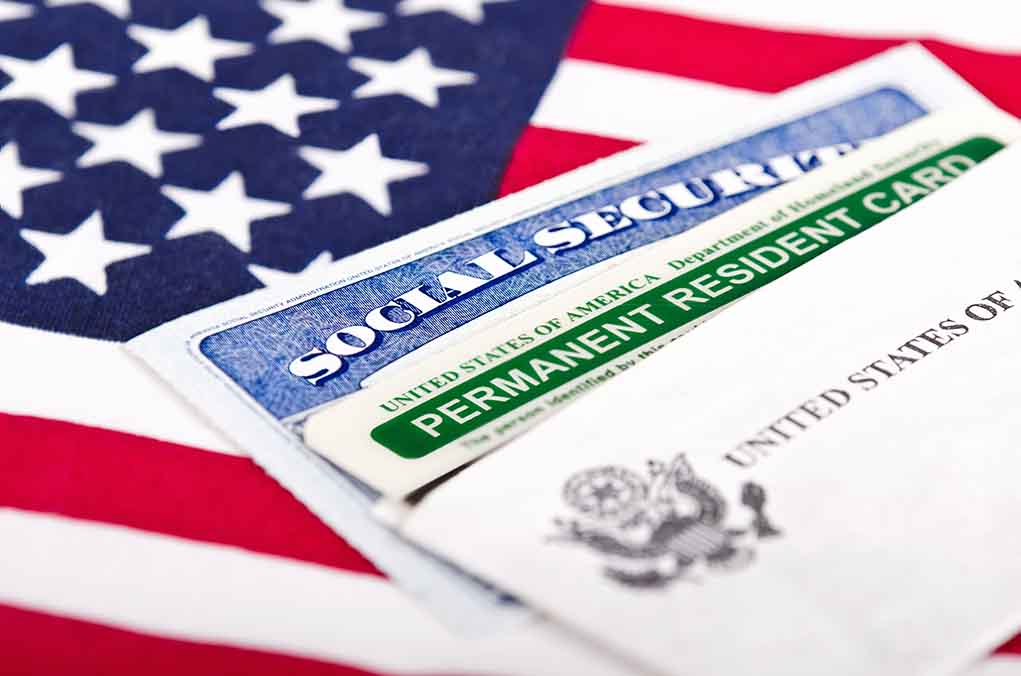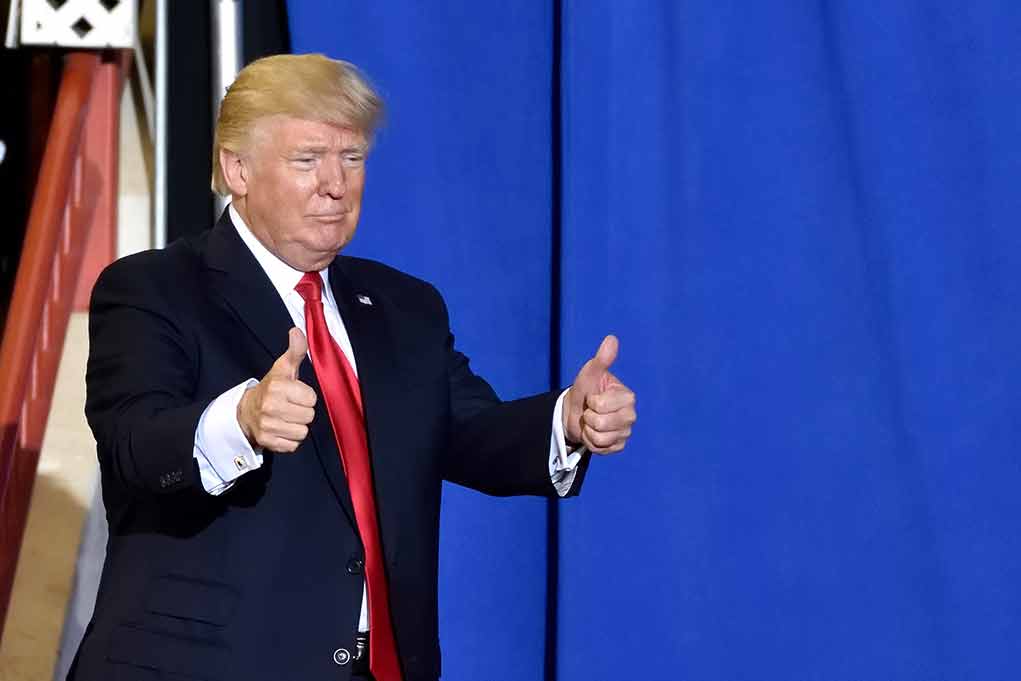
With the stroke of a pen, the Trump administration has pulled the plug on $500 million in mRNA vaccine contracts, igniting fierce debate over U.S. health priorities and the influence of vaccine-skeptic leadership at the highest levels.
Story Snapshot
- HHS, led by vaccine skeptic Robert F. Kennedy Jr., canceled 22 mRNA vaccine contracts worth $500 million.
- Funding is being redirected to undefined “safer” vaccine alternatives, ending new mRNA projects under BARDA.
- Public health experts warn of threats to U.S. pandemic preparedness and biomedical innovation.
- The move is seen as a major victory for vaccine-skeptic and conservative voices within the administration.
Trump Administration Halts mRNA Vaccine Funding, Cites Safety Concerns
On August 5, 2025, the Department of Health and Human Services, under Secretary Robert F. Kennedy Jr., announced the immediate cancellation of 22 federal contracts supporting mRNA vaccine research and development. These contracts, totaling nearly $500 million, were primarily managed by the Biomedical Advanced Research and Development Authority (BARDA). The administration justified this sweeping decision by citing concerns over the effectiveness of mRNA vaccines against respiratory viruses like COVID-19 and influenza, as well as ongoing safety debates.
The cancellation marks a profound reversal of the nation’s pandemic-era biomedical strategy. Under President Trump’s leadership and Kennedy’s guidance, HHS is shifting resources away from mRNA technology—once hailed as a breakthrough—toward alternative vaccine platforms described as “safer.” This follows months of internal review and reflects the administration’s alignment with a vocal, vaccine-skeptical segment of the public. The affected contracts include major pharmaceutical partners such as Moderna, Pfizer, and academic institutions like Emory University.
Background: Rise and Reassessment of mRNA Vaccines
mRNA vaccine technology surged to global prominence during the COVID-19 pandemic, with rapid deployment saving millions of lives and drawing billions in federal investment. The U.S. government, through Operation Warp Speed and BARDA, became the world’s largest supporter of mRNA research. Yet, since 2020, public debate over mRNA’s safety and long-term efficacy has grown increasingly politicized. The appointment of Robert F. Kennedy Jr., a prominent vaccine skeptic, as HHS Secretary in early 2025 set the stage for a comprehensive review and, ultimately, this decisive policy pivot.
Historically, mRNA vaccines were seen as the future of infectious disease control, promising rapid response to emerging threats. However, Kennedy and like-minded officials argue that real-world data shows disappointing results against upper respiratory infections, justifying a redirection of federal support. This shift comes as broader political realignment under the Trump administration has emboldened critics of pandemic-era mandates and biomedical orthodoxy.
Key Players and Policy Motivations
Secretary Kennedy, empowered by President Trump, has been the driving force behind the cancellation. Their administration’s stance reflects deep skepticism of both the safety profile and the pandemic-era policies attached to mRNA vaccines. BARDA, tasked with managing the contract terminations, is now pivoting to fund unspecified alternative vaccine technologies. Pharmaceutical companies and research institutions impacted by the decision face immediate funding losses and uncertainty about ongoing projects. Meanwhile, public health experts and professional societies have voiced strong opposition, warning of risks to U.S. innovation and preparedness.
The decision has concentrated power within HHS and the Trump administration, sidelining much of the mainstream scientific community. Pharma industry stakeholders, lacking legal recourse, have limited ability to challenge the cancellations. The move is celebrated by vaccine-skeptic groups as a long-overdue correction to what they view as reckless government spending and rushed scientific consensus during the previous administration.
Impact and National Repercussions
In the short term, the abrupt halt of mRNA vaccine funding disrupts research, threatens jobs in the biotech sector, and leaves ongoing projects in limbo. Longer-term, the U.S. risks losing its leadership in the field of mRNA innovation, potentially compromising its ability to respond to future pandemics and eroding its competitive edge in the global biopharmaceutical industry. Critics warn that politicizing vaccine policy could deepen public mistrust, foster misinformation, and chill scientific progress. The administration’s lack of clarity on which “safer” platforms will be funded raises further questions about America’s future pandemic preparedness.
RFK Jr cancels $500 million in mRNA research, HHS to prioritize 'safer' vaccine alternatives https://t.co/d2lsSo75Yi
— Fox News (@FoxNews) August 6, 2025
Supporters of the move argue that reining in mRNA spending restores fiscal responsibility and prioritizes safety and individual liberty—key conservative tenets. However, the mainstream scientific community remains unified in its stance that mRNA vaccines are both safe and crucial for combating rapidly evolving infectious threats. The administration’s policy change is therefore both a symbolic and practical victory for those seeking less government involvement in health mandates and more scrutiny of biomedical innovation.

















